Uncover the hidden impact of social media addiction on mental health, relationships, and productivity. Learn practical solutions to reclaim balance beyond the screen.
Social Media Addiction is a non-clinical term that describes a pattern of behavior akin to addiction
The pervasive nature of social media platforms has lead to what is often termed as “social media addiction”. In our highly digitized era, these platforms have woven themselves into the fabric of daily life. This detailed exploration sheds light on the phenomenon, highlighting the need for effective management strategies.
What is Social Media Addiction
Social media addiction encompasses a range of behaviors where individuals feel compelled to excessively engage with social media platforms, resulting in significant impacts on various aspects of life, including personal relationships, work, and overall mental health.
The Psychological Dynamics of Social Media
Social media platforms are intricately designed to exploit human psychology, leveraging the dopamine-driven feedback loops similar to those seen in gambling and substance use. Every notification, like, and share triggers a release of dopamine, creating a cycle of dependency and reinforcement.
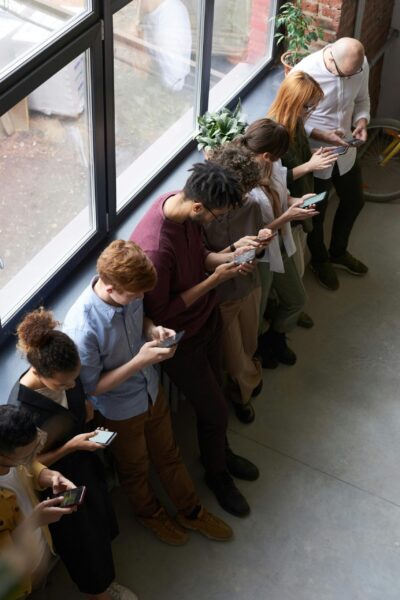 Symptoms of Social Media Overuse
Symptoms of Social Media Overuse
Identifying overuse involves recognizing several key symptoms:
Compulsive Checking: Feeling the urge to constantly scroll through social media feeds.
Withdrawal Symptoms: Experiencing irritability or anxiety when not engaging with social media.
Neglect of Personal Duties: Allowing social media use to interfere with personal and professional responsibilities.
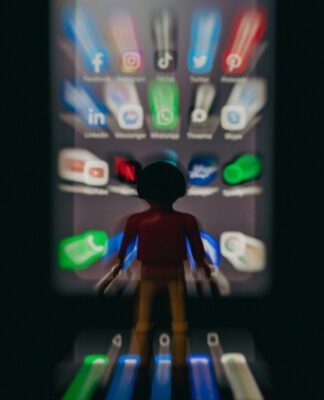 Impact on Mental and Physical Health
Impact on Mental and Physical Health
The consequences of social media addiction are profound:
Mental Health Risks: Increases in depression, anxiety, and loneliness have been directly correlated with excessive social media use.
Sleep Disruption: Nighttime exposure to screens can severely disrupt sleep patterns, leading to sleep deprivation.
Real-life Relationship Strain: Virtual interactions can overshadow and negatively affect physical relationships and real-world social skills.
Practical Steps to Mitigate Social Media Addiction
Implementing effective strategies can significantly reduce the risks and restore balance:
Scheduled Breaks: Establish specific times when social media is inaccessible, encouraging engagement in other activities.
Notification Management: Turning off non-essential notifications to reduce the compulsion to check devices.
Tech-Free Zones: Creating areas in the home where electronic devices are not allowed, particularly bedrooms, to improve sleep hygiene and family interactions.
Creating a Healthier Digital Environment
Building a supportive digital environment is crucial for maintaining a healthy balance:
Use of Apps to Monitor Usage: Tools and apps that track social media usage can provide insights into patterns and help set limits.
Mindful Engagement: Cultivating awareness about the reasons for social media use can lead to more intentional and controlled usage.
Engagement in Physical Activities: Redirecting the time spent on social media towards physical activities can improve both physical and mental health.
Seeking Professional Help
For those struggling to control their social media use, professional guidance can be invaluable:
Counseling and Therapy: Therapists can provide strategies to manage compulsive behaviors and address underlying issues.
Support Groups: Joining groups where others face similar challenges can provide community support and practical advice.
Understanding the potential of social media addiction allows individuals to make more informed choices about their digital consumption. By actively managing and mitigating its impact, it’s possible to harness the benefits of these platforms without falling prey to their addictive potential.



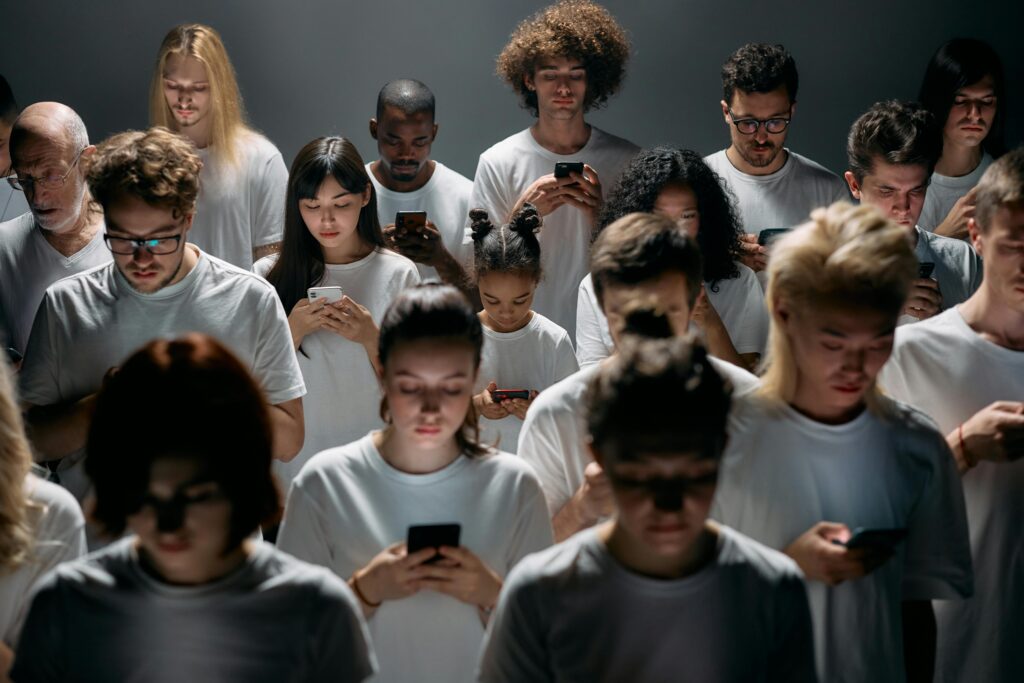




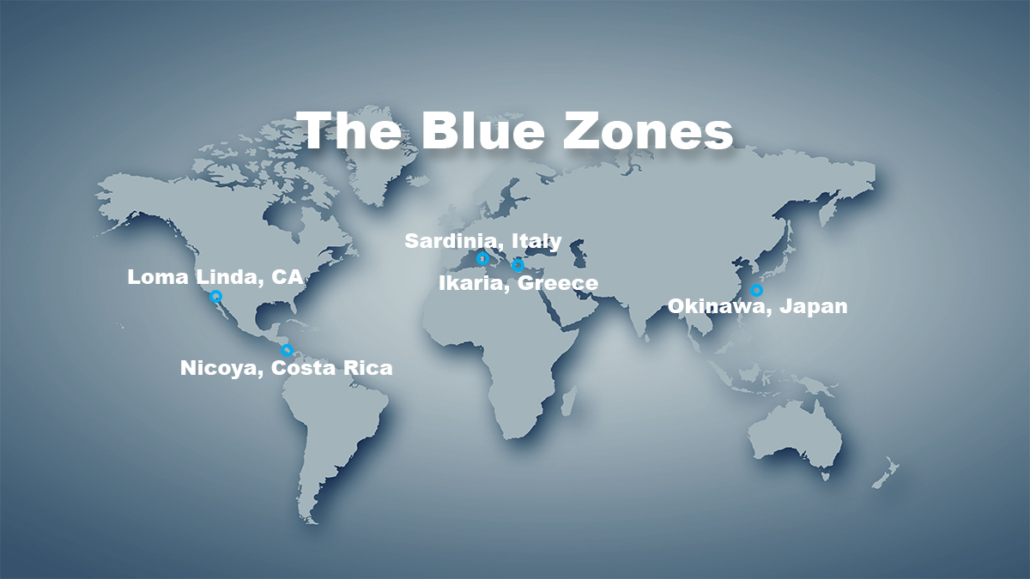
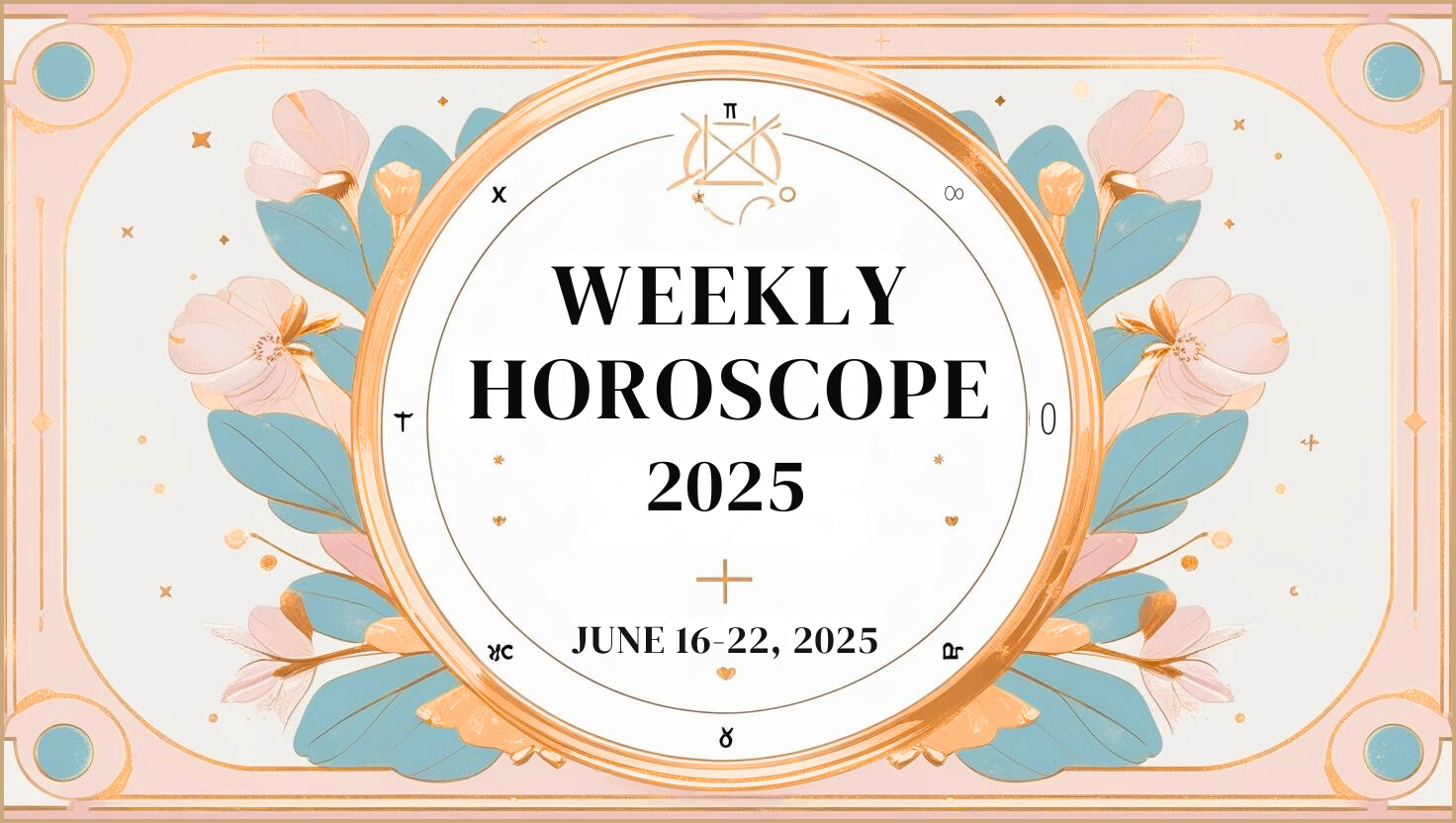







One Response